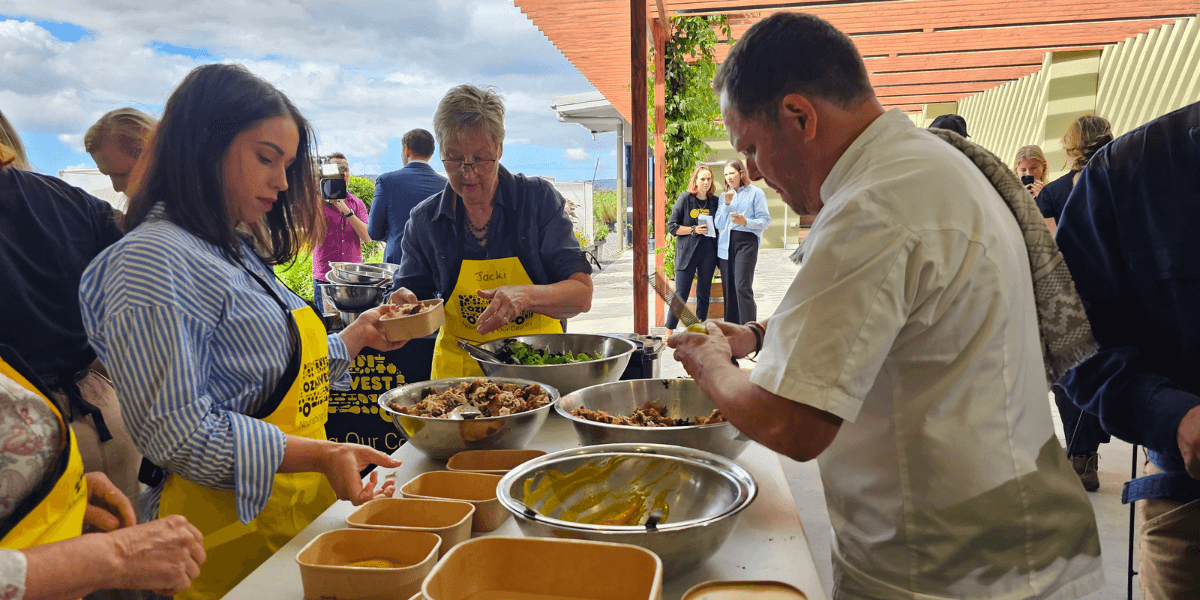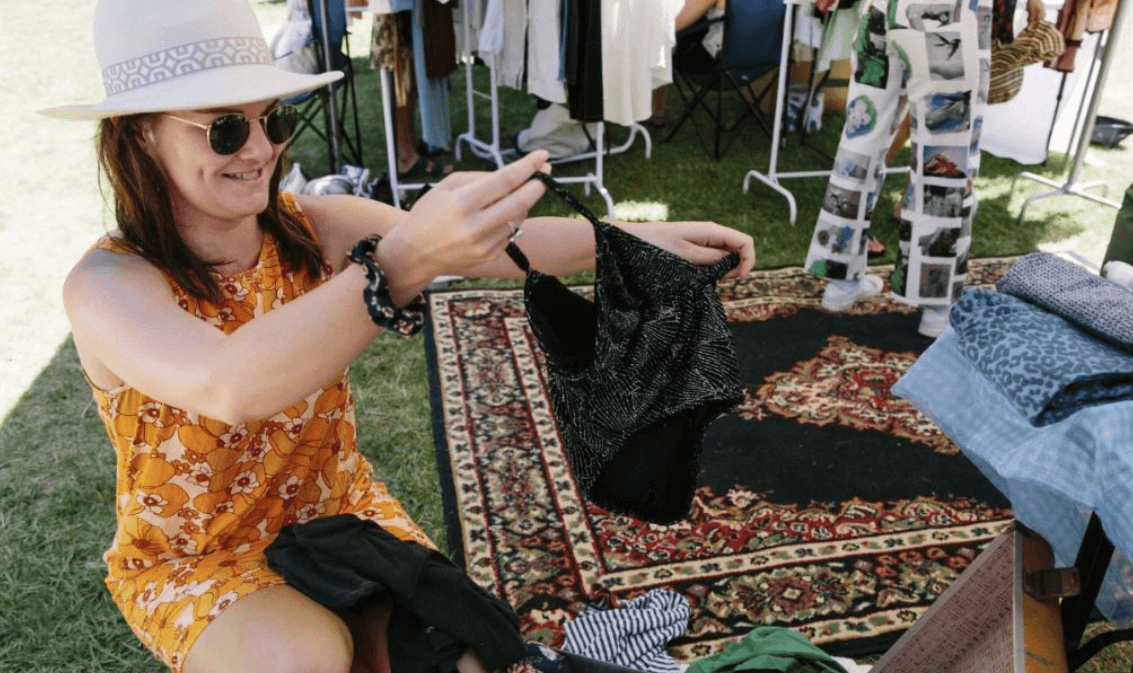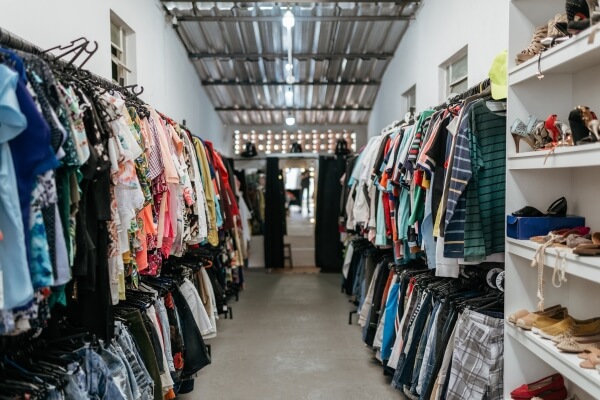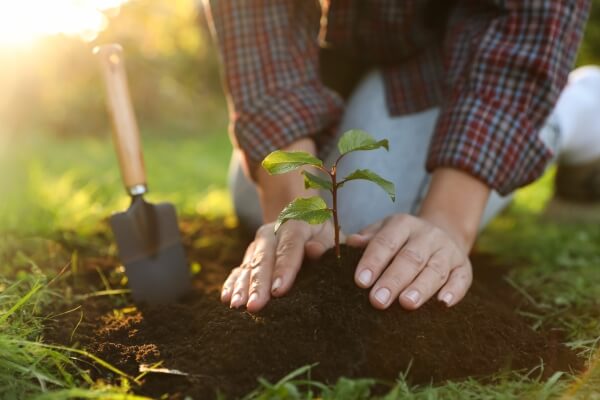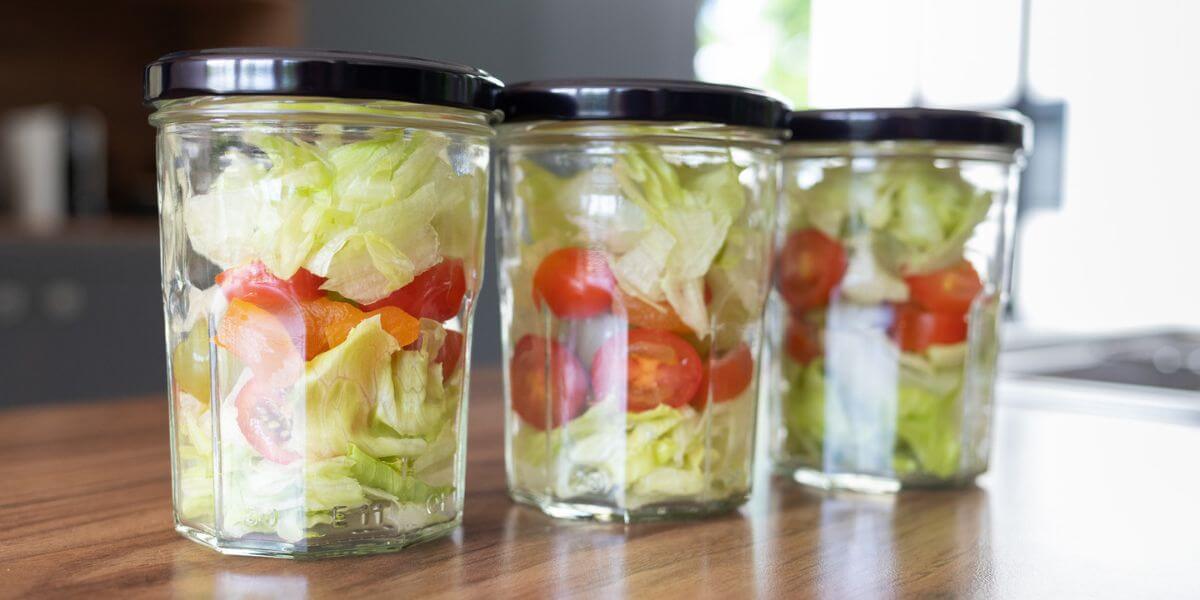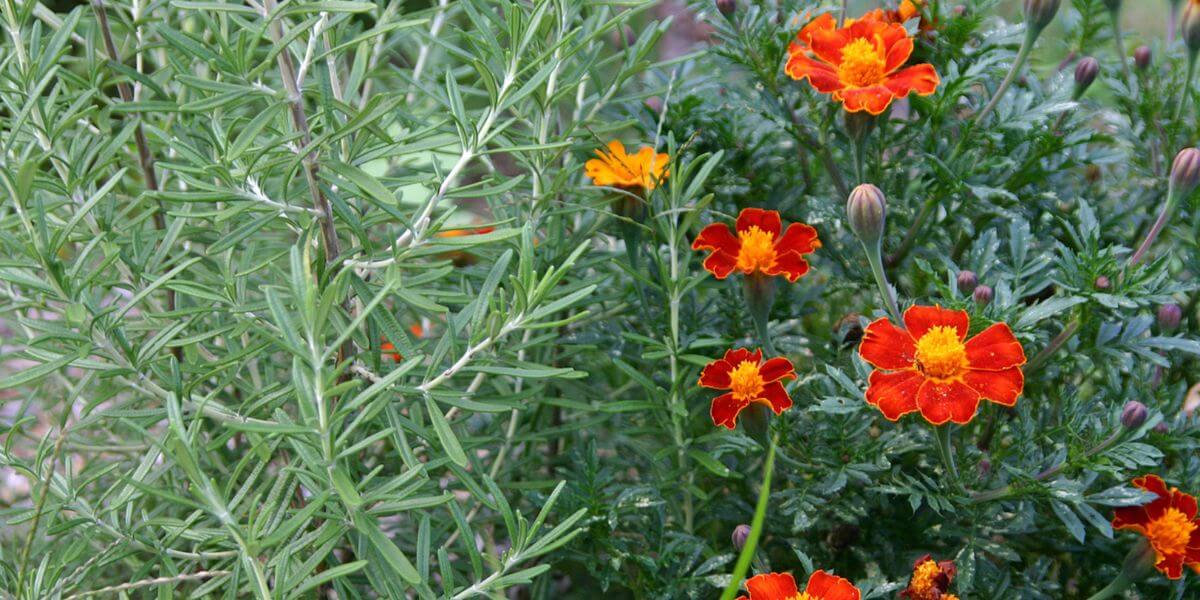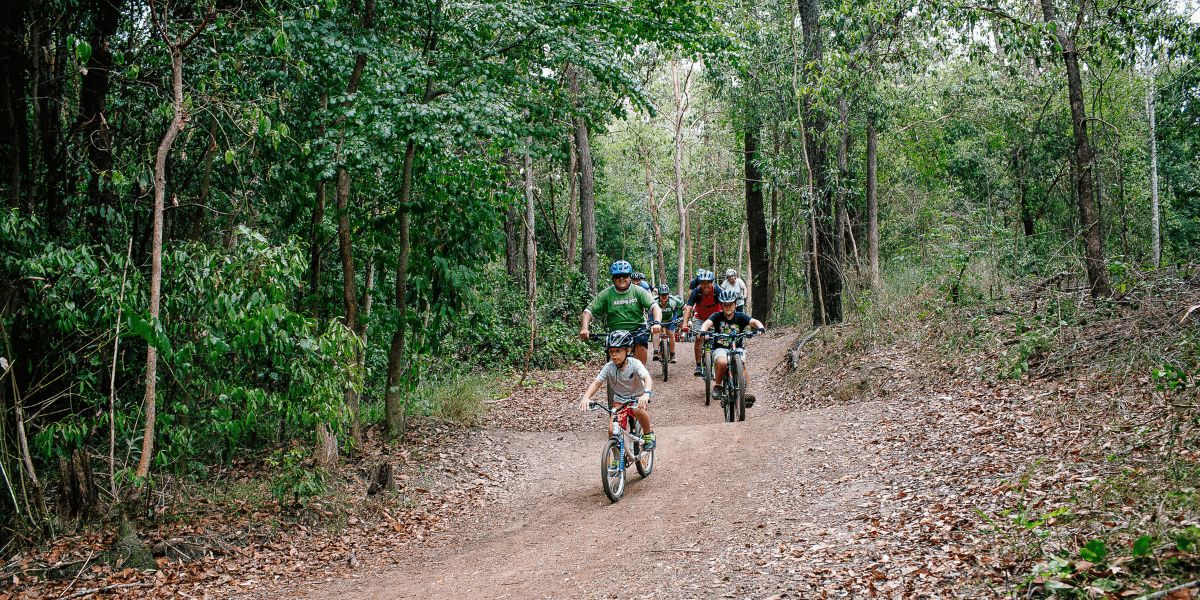GREEN GARDENING
TOP SOIL TIPS FOR A HEALTHY GARDEN THIS SUMMER
Soil health is fundamental for healthy food production. It provides essential nutrients, water, oxygen and support to the roots, all elements that favour the growth and development of plants for food production. Katie Irwin from Waste Not Collective shares her top tips for building healthy soil in your garden.
As the weather starts to heat up in Brisbane, my direction in the garden shifts from madly planting seeds to turning my focus towards building healthy soil. I approach summer as ‘down time’ in our subtropical edible garden. Rather than struggling to keep up the water and fighting off every pest and disease known to man, I tune in to the most precious resource in my patch – our soil.
Focusing on my soil over the summer will give our veggie garden a head start come autumn and winter – the best growing seasons in Brisbane! An experienced organic gardener passed on this advice to me very early on – ‘feed the soil, not the plants’. When the soil is healthy you will use less water, less fertiliser/inputs and will experience less pest and disease attack as your plants will be more robust.
Healthy soil is teeming with billions of organisms – earthworms, bacteria, fungi, arthropods, protozoa and nematodes. Soil is a diverse and complex ecosystem, so everything you do in the garden needs to support this incredible network of organisms.
Here are my top four tips for healthy soil this summer!
FOUR TIPS FOR HEALTHY SOIL
1. Stay away from chemical sprays and fertilisers.
No matter where you spray them, herbicides and pesticides will ultimately be washed down into your soil where they do serious damage to soil organisms and some can persist in the soil for years to come.
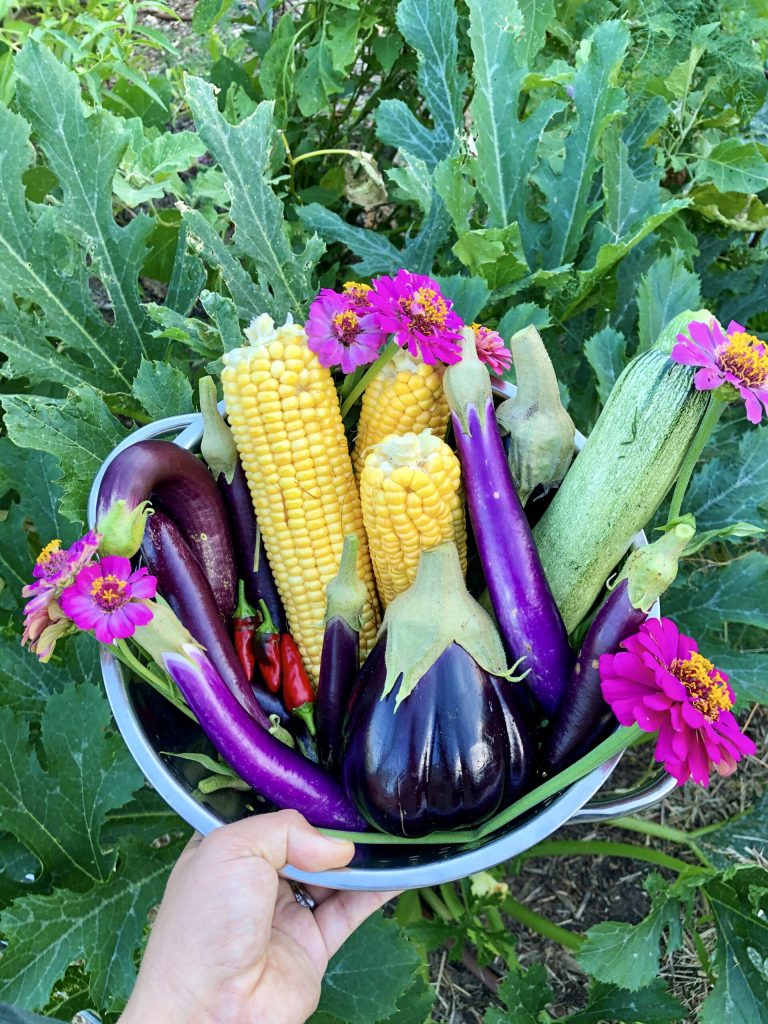
2. Avoid digging and turning over your soil and have dedicated paths or stepping stones to avoid compaction.
Disturbing healthy soil disrupts the delicate web that microorganisms create in a symbiotic relationship with plant roots. These complex webs help to retain moisture, break down organic matter and make nutrients available to plant roots.
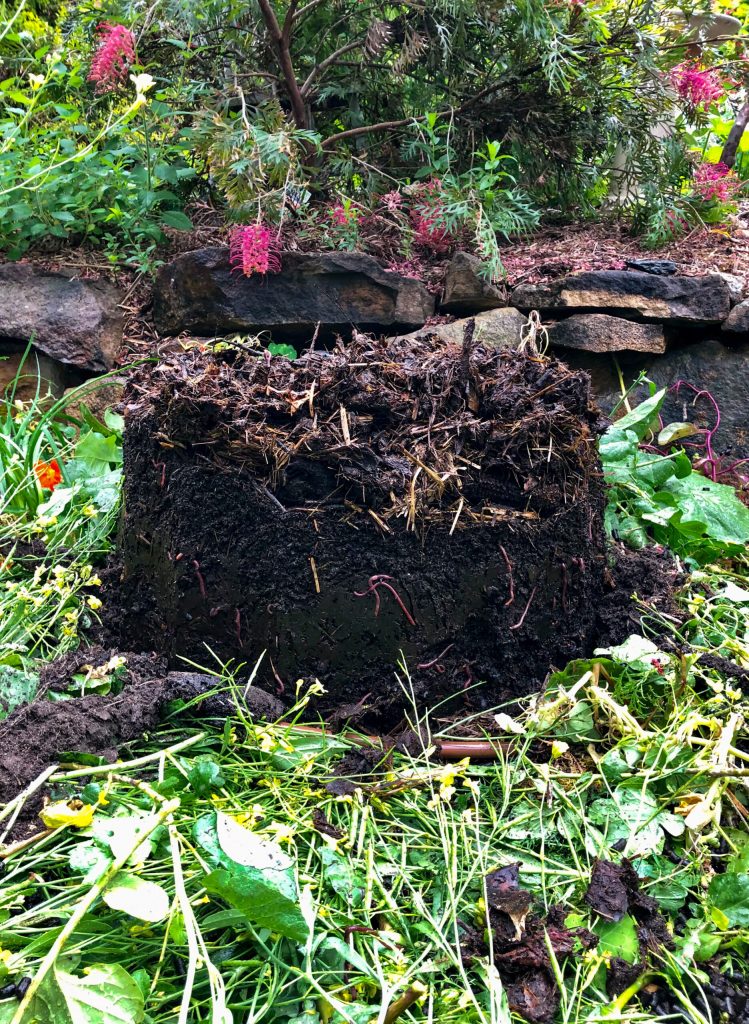
3. If in doubt, add more organic matter!
This is where your beautiful home-made compost comes in. Divert any food waste and green waste from your property into glorious compost – the ultimate food for your soil. I believe that every household needs a compost system. Whether it’s cold or hot compost, worm farms or bokashi – there is a solution for every home.
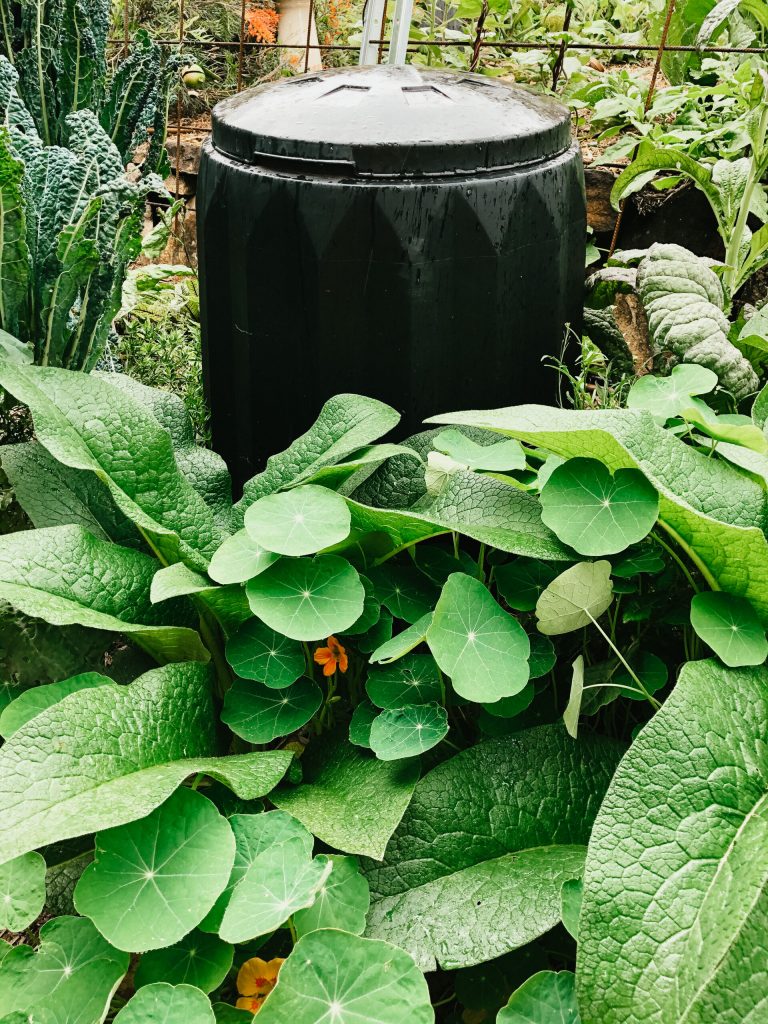
4. Cover that soil!
Now that you’ve created beautiful rich soil, you need to protect it from the sanitising effects of the sun. Mulch thickly to keep in moisture and to protect those precious microorganisms who are working hard! I use organic sugarcane mulch as it’s readily available in Queensland, but depending on your location you may find pea-straw or lucern more easily available.
Another strategy we utilise in our garden is living mulches. Living mulches cover the soil and can provide food for your family and insect life. Our favourite is sweet potato as it can handle the heat, requires minimal water and the leaves are a delicious (and extremely nutritious!) spinach alternative. Other living mulches you could consider include comfrey, pinto peanut, alyssum, nasturtiums, creeping thyme, lawn chamomile and clover.
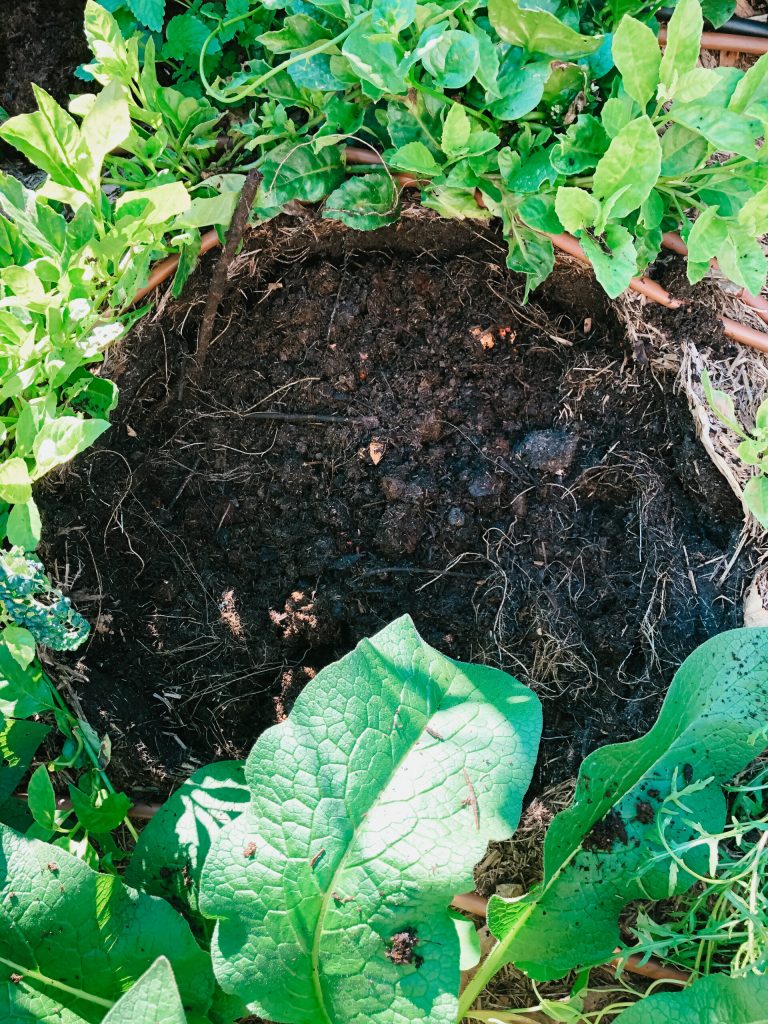
Growing our own food brings so much joy and abundance to our family. It’s an affordable way of eating organically and importantly, plastic free. Food waste is drastically reduced as we grow what we eat (no impulse purchases shoved to the back of the fridge!), we pick only what we need and we can harvest a few minutes before we eat it – what a privilege! Any organic waste we do create within our home is composted through our compost bins and worm farms, which in turn feeds our soil.
Creating an edible garden is not only fun and a great family activity, it is also a powerful way to prevent food from heading to landfill and take meaningful personal action in the face of this climate emergency.
The author

Katie Irwin
Katie Irwin is a wife, mother to two young boys, nurse/midwife, keen organic gardener, and waste warrior living on Turrbal land in Meanjin, the city now known as Brisbane. Katie is passionate about sustainable living for families and hopes to encourage, inspire, and empower other families to do the same. Katie shares her gardening, regenerative living tips and family musings over on her Instagram @wastenotcollective

